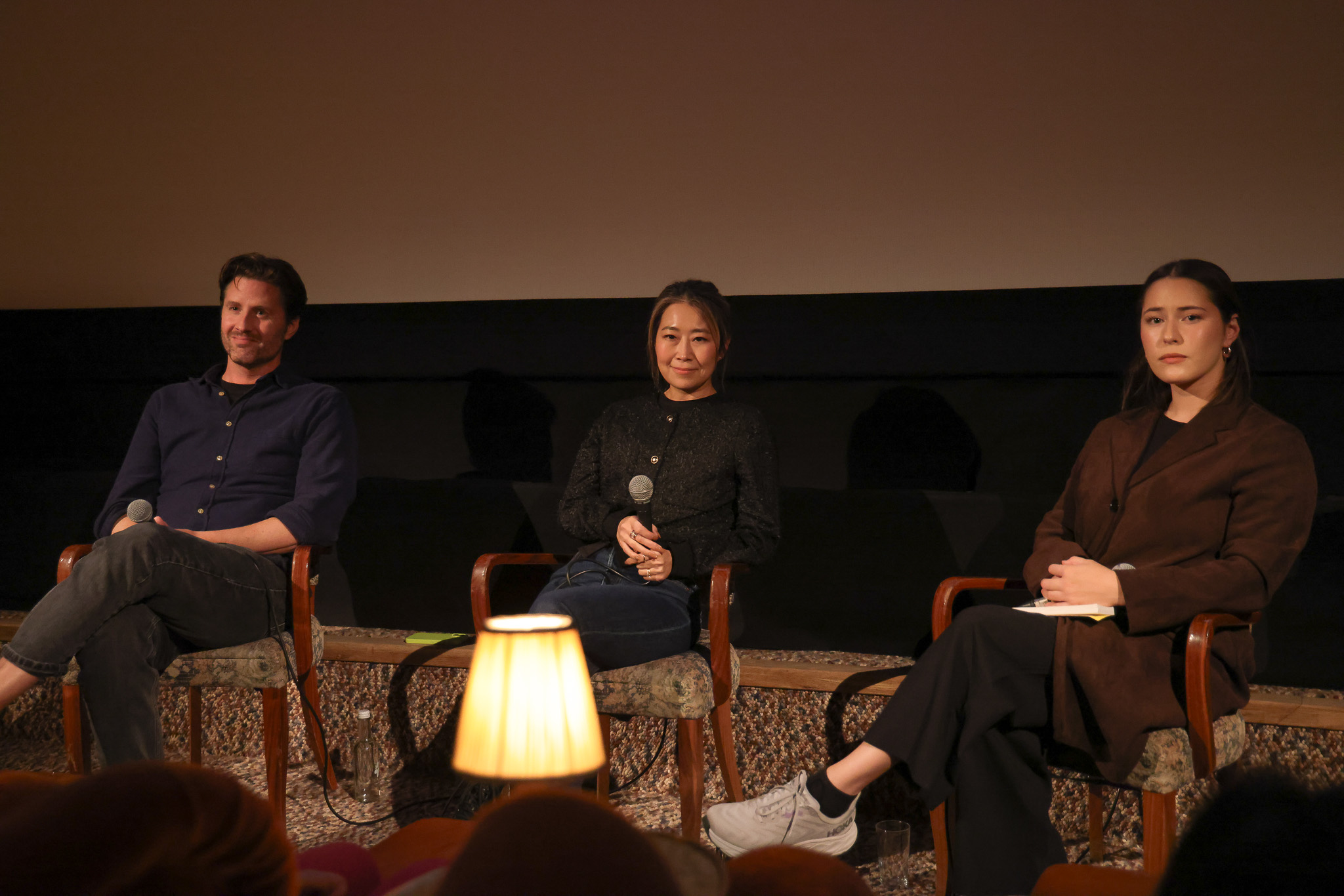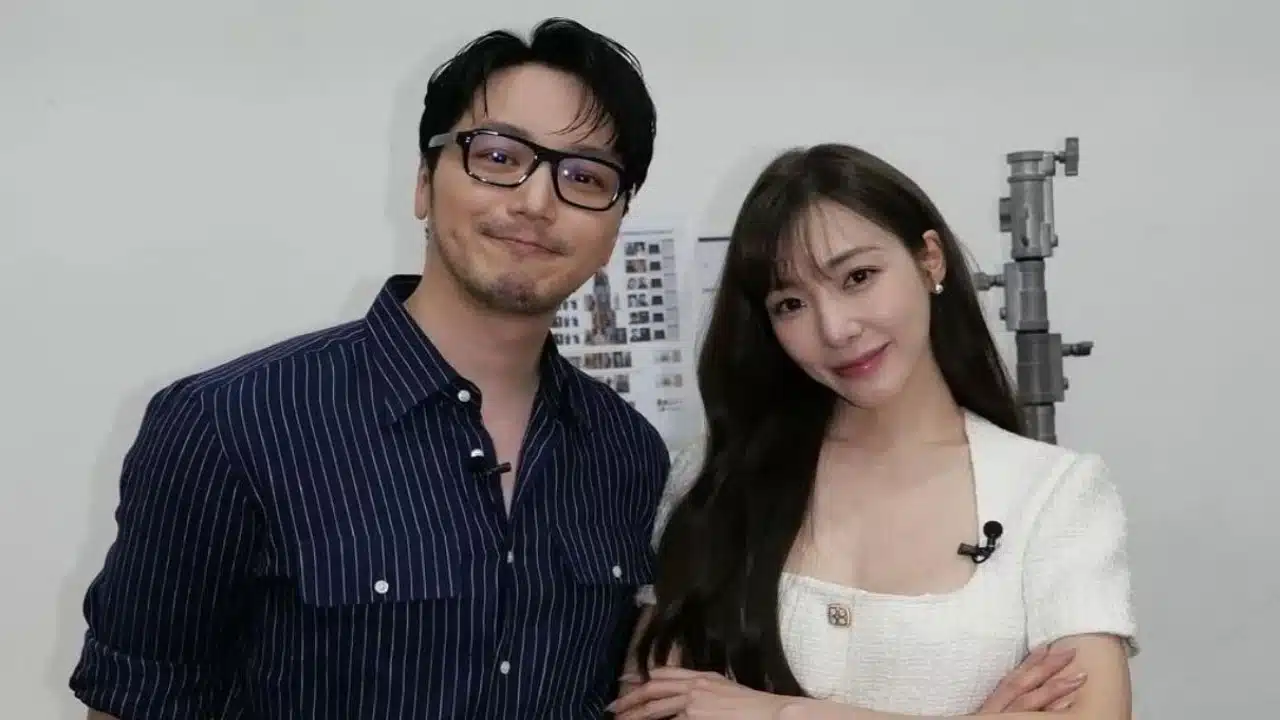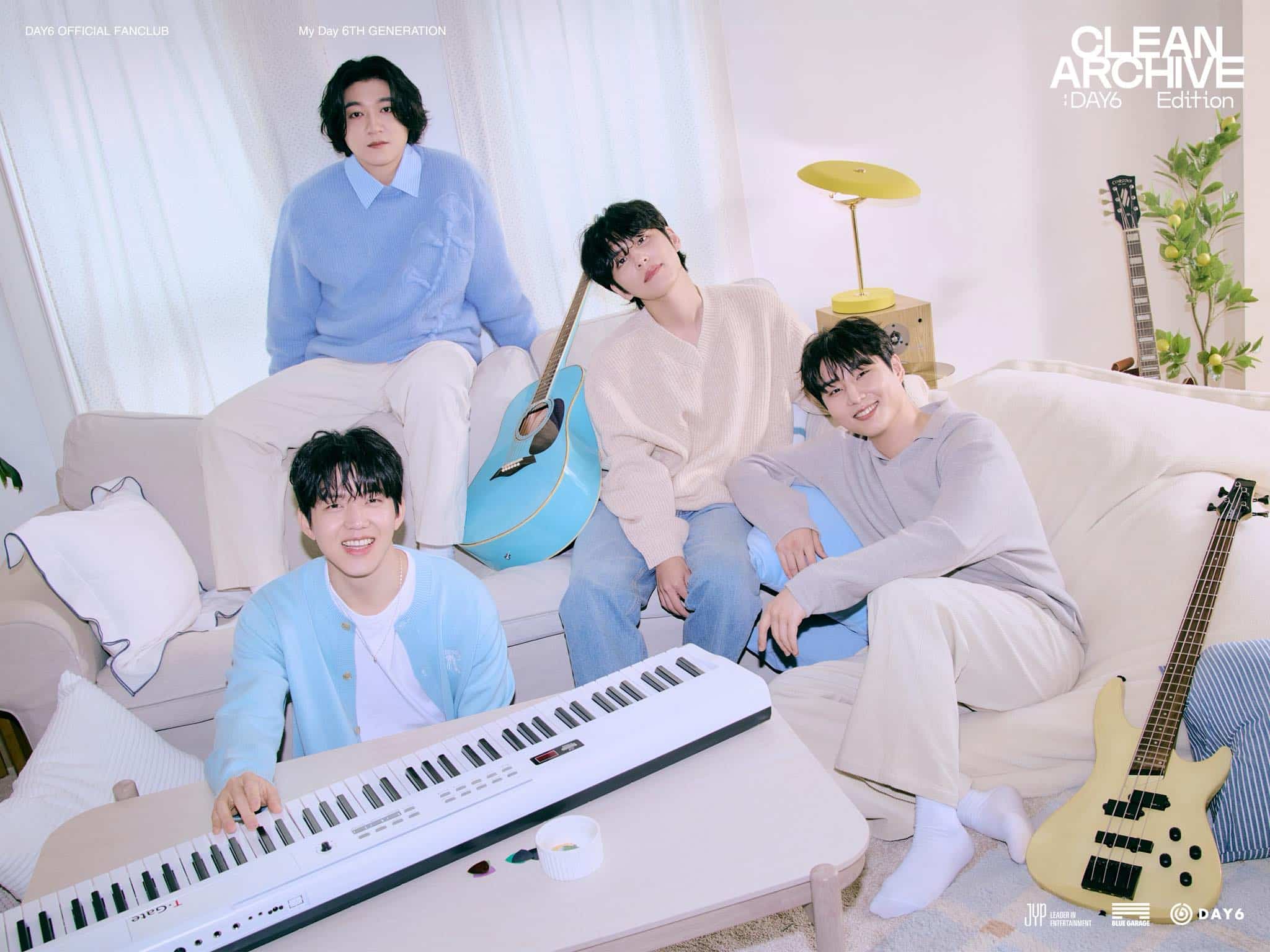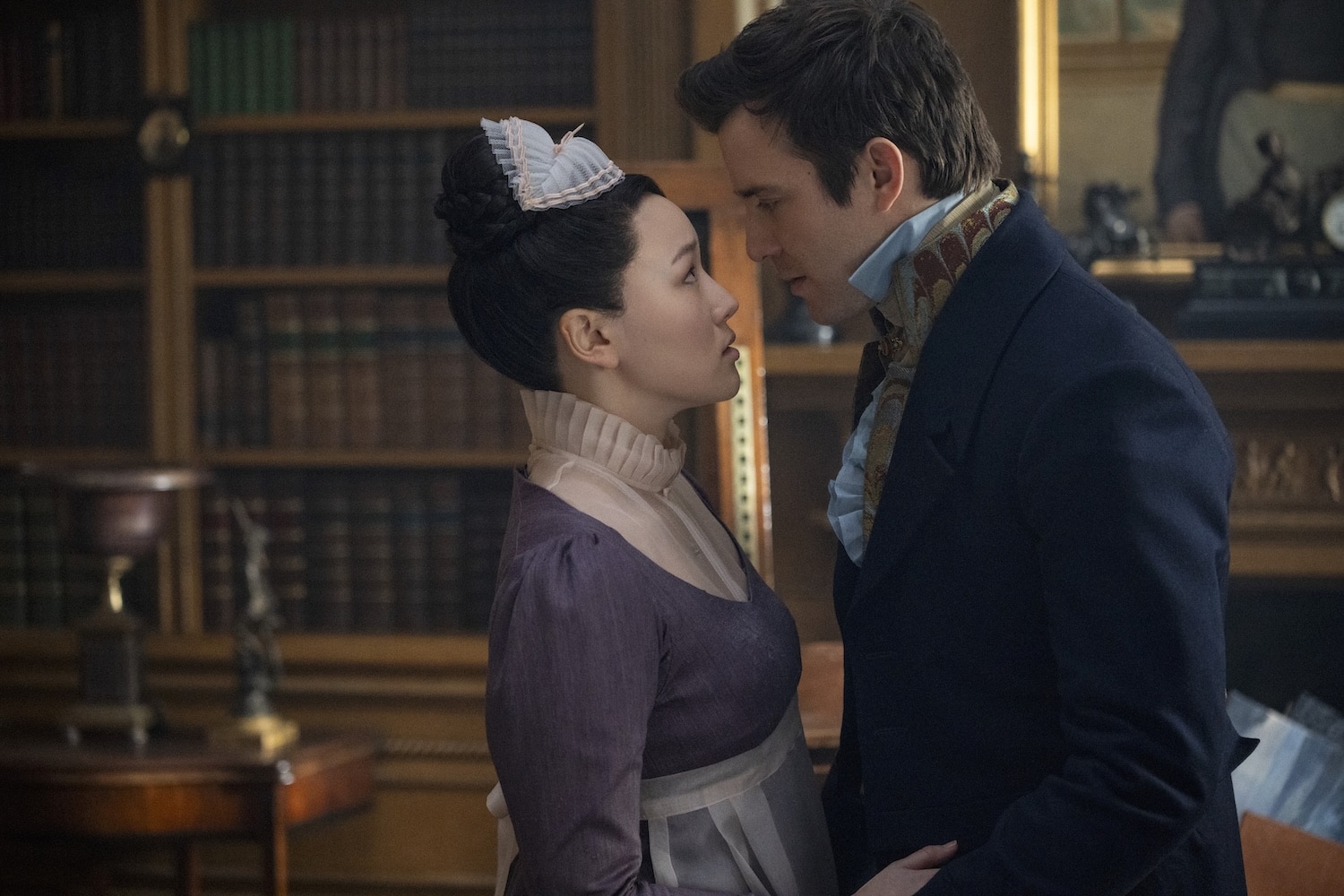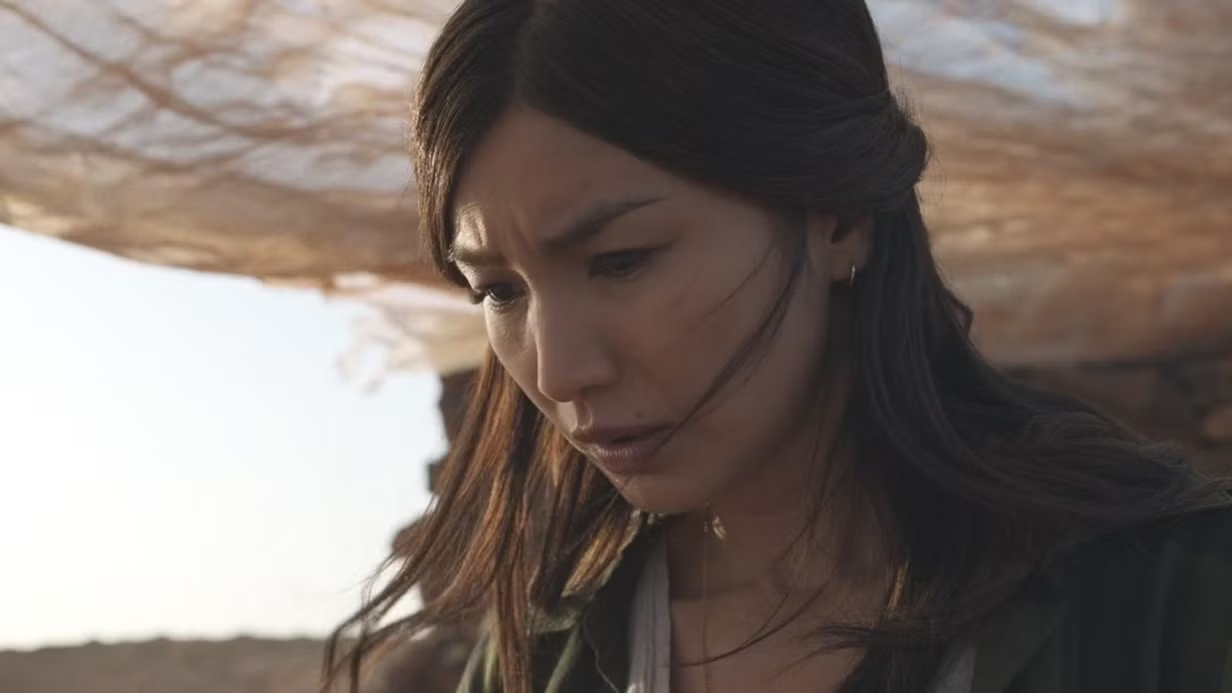The air was electric at the MilkTea community screening on Friday night. You could feel the excitement building before the lights went down on K-Pop Demon Hunters. But that was nothing compared to the energy after the film, when co-directors Maggie Kang and Chris Appelhans took the stage. You know the facts by now: the film is the most-watched film on Netflix of all time. Their song, “Golden,” has gone platinum. It’s a massive cultural moment, a piece of animated cinema that has somehow captured every single demographic—from little kids in Indonesia recreating “Soda Pop” in full costume to “the dudes listening to ‘Golden’ while they’re pumping iron,” as Appelhans put it.
The success is undeniable, yet the conversation with moderator Sofia Jin quickly turned to the intimate, sometimes difficult choices that went into the film’s making—choices that reveal why this Korean story has managed to connect with the world.
Read More: Kpop Demon Hunter Singer EJAE Drops New Solo Single ‘In Another World’
Kang’s original idea for the film came from a simple personal desire. “I always knew that Korea loved animation… but there wasn’t a project that really defined us and really represented our culture,” she said. She was clear that she wanted to see a female superhero who was “a little bit more relatable,” one “that’s very funny and real and not scared to look stupid and be really silly.” The idea started with Korean demons, but when she “landed on K-pop and slapped it on,” the concept felt complete. It instantly made it a musical, adding the “spectacle” of music, fashion, and “incredible, glamorous women.”

The attention to detail in the film is what grounds the spectacle. Kang explained that the decision to stage a major fight in a bathhouse, or jjimjilbang, was directly pulled from her own life. “It’s from my memories of growing up in Korea in the ’80s and going to those places,” she said, adding that she “wanted to preserve the retro vibe of them.” Other location choices, like the Bukchon Hanok Village, were made to serve the characters: contrasting the modern skyline with the traditional Hanok was “the perfect place for these two characters to meet and have their first date.”
On the question of language—the film is set in Seoul, but the characters primarily speak English—Kang explained the reality of the global entertainment business. “To be able to make something that is set in Korean culture about Korean people was already a huge win,” she admitted. But she simply didn’t think you could get this level of “global of a reaction” if the film was not in English. Kang is dual culture, trained in Hollywood, and felt making the film in English was true to her experience, even if she had to translate Korean phrases she’d written in her head.
Read More: ESEA UK Culture: MilkTea, Resonate, and Juniper by the Sea Announce GOLDEN Magazine
The film’s most powerful emotional element comes from its music, which they insisted had to do heavy lifting. It wasn’t enough for the soundtrack to simply contain K-pop songs; “everything that the music had to do was it had to carry story.” Appelhans noted they talked “so much about, like, ‘a song that gives you butterflies.’ What is that?”
The directors were rigorous, sending very long documents to the songwriters detailing a song’s purpose in the story. They told the songwriters to “boil it down to two lines of lyric that were pop lyric that would reflect all of that story, but do it in a pop way.” This insistence that the songs “pass the pop factor” while serving the story led them to partner with Korea’s Black Label to ensure an authentic, hit-making sound.
Read More: ‘KPop Demon Hunters’ Director Maggie Kang Named TIME100 Next Honoree
The directors got strikingly vulnerable when asked about their personal connections to the story. Appelhans spoke of his wife, an early Korean-American voice in literature, as a kind of muse. “She’s a very… a very smart, funny, angry, vengeful, food-loving, fashion-obsessed…” he trailed off. “I see you,” he remembered feeling when Kang described the characters. For him, the film was about the universal struggle Rumi faces: “what do you do when no matter how hard you try, you aren’t exactly the… you can’t get that love unconditionally.” Her story, he added, is that she “finds a way… to go to the people, Mira and Zoe, who she can say, ‘F* it. This is all of me. This is really who I am. And you will love me unconditionally. And I’ll make a new family in this place.'”
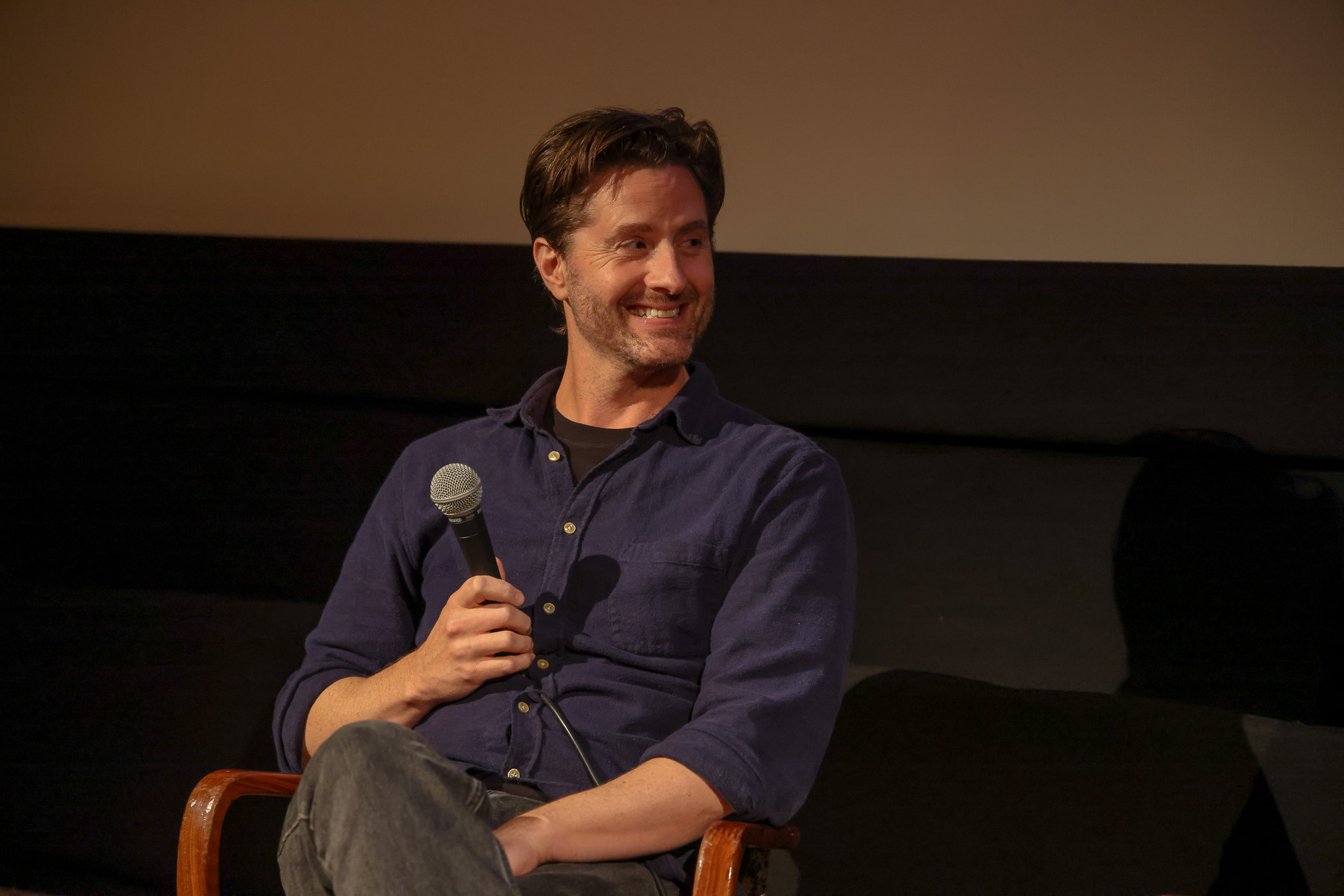
Kang was equally honest, admitting that making the movie caused an identity crisis. “I was like, ‘Oh my gosh, am I like representing Korea correctly? Am I doing this right? Am I Korean enough to make a movie about Korea?'” Her father, a cinephile, gave her the clear directive: “As a director, you just have one job, which is to tell the story that you want to tell, and nobody else can tell that story.” That advice, she said, freed her to be “more brave about the type of comedy I wanted to do and the type of storytelling I wanted to try.”
In the end, this massive commercial success was not made for a focus group. “I wasn’t really particularly thinking about a young audience,” Kang confessed. Instead, she said, “we were really making it for ourselves.” That deeply personal focus, it turns out, is what made the film belong to everyone.
If you want to know more about MilkTea, which screens the best of East and Southeast Asian cinema in the UK, follow them on social media.
